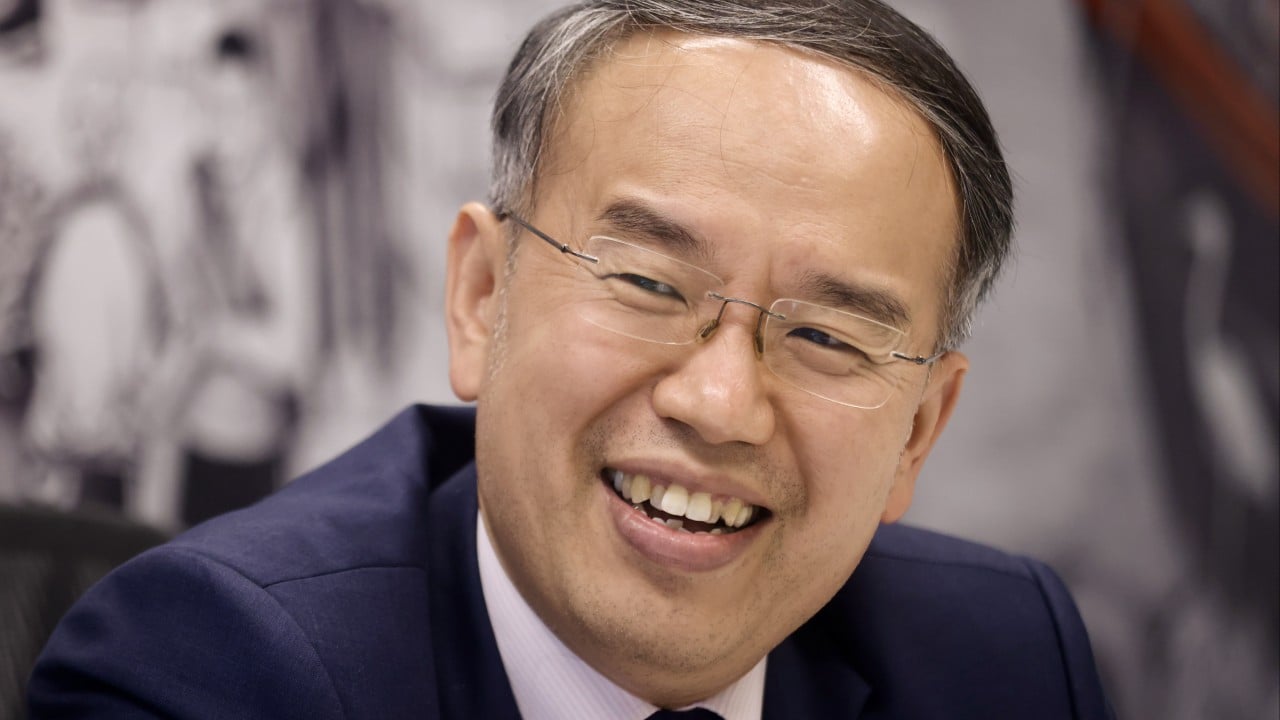Hong Kong will facilitate more use cases for stablecoins and other tokenised financial products, part of the city’s effort to build a trusted and sustainable digital-asset market that can tackle real-world economic problems, said the architect of the strategy.
Advertisement
Eleven cryptocurrency exchanges have been licensed by the Securities and Futures Commission to operate in Hong Kong, a sea change over three short years after a raft of policies, regulations and guidelines were put in place to put the city on the leading edge of financial technology.
More initiatives are in the works, said the Secretary for Financial Services and the Treasury Bureau, Christopher Hui, as Hong Kong becomes the crucible for testing the best global technological solutions for real-world problems.
“Finance serves the purpose of easing the smooth operation of the real economy, the value chain, the movement of goods and services, and the transfer of assets and products,” Hui said last week during an interview with the Post. “I would try to cast our sights even further: it is about Hong Kong [as] a value creator [and] a solution provider for some real economic issues and challenges in the region and across the world.”
This was the first time that Hui, an Oxford-educated economist before he entered public service in 1999, laid out the government’s strategy across the entire spectrum of digital assets, from cryptocurrencies to stablecoins to central bank digital currencies.
Based on the principle that similar rules should apply to similar risks, his bureau has formulated regulations for four “blocks” of digital assets: exchanges, stablecoin issuers, dealing service providers and custodians. The latter two are now part of the legislative proposals in consultation, which is expected to close at the end of next month to address investors’ needs for sourcing liquidity, block trading and asset safekeeping.

It would also conduct a systematic review of Hong Kong’s legislation to assess its support for smart contracts, as the blockchain feature underpins various financial innovations, Hui said. The goal is to identify ways to enhance benefits, particularly in less liquid asset trading and higher access thresholds, which would require appropriate legal provisions and support, he said.
Advertisement


